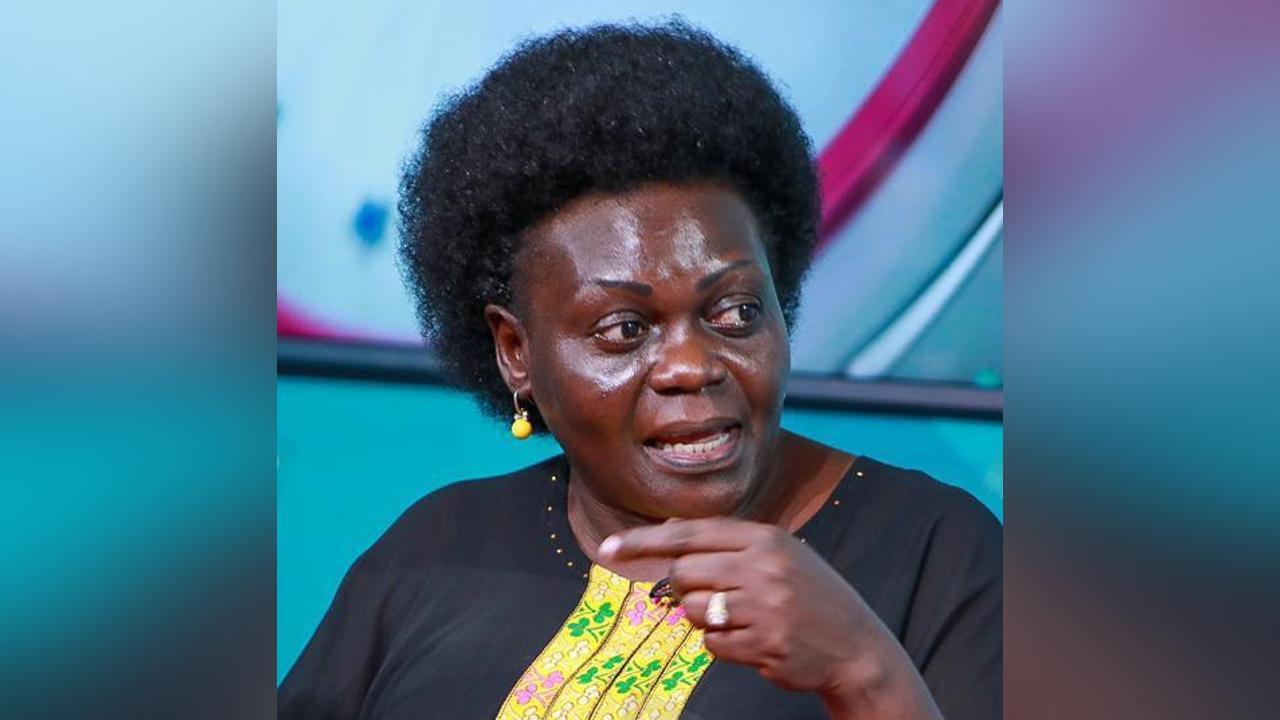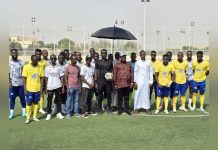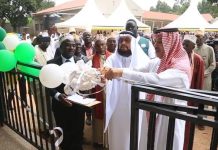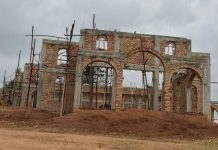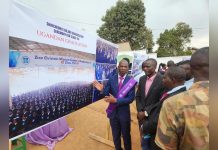Africa-Press – Uganda. Tororo District Woman Member Of Parliament, Sarah Opendi, has voiced deep concern over the growing competitiveness and financial burden associated with securing the National Resistance Movement (NRM) party flag, warning that internal divisions and a lack of electoral reforms threaten to undermine the ruling party’s cohesion ahead of the 2026 general elections.
Speaking during NBS Frontline on Thursday, Opendi criticised the increasingly expensive nature of party politics, noting that the NRM primaries have become not only fiercely contested but also financially draining for candidates.
“The NRM party flag has become very competitive and costly. This is very unfortunate,” she said.
Drawing from her own experience, Opendi acknowledged the steep challenges faced by independent candidates who lack access to state and party resources.
“Running as an independent means running against a party that has resources. The President would even come to campaign for the NRM flag bearer. I must thank my people because I didn’t have those kinds of resources when I stood as independent,” she noted.
Her remarks come as the NRM Election Disputes Tribunal continues to issue rulings on over 380 petitions arising from the chaotic July 17 party primaries.
The tribunal has emphasised its commitment to fairness and transparency, urging all complainants and candidates to respect its decisions.
Despite this, Opendi pointed to growing internal disillusionment within the party, citing instances where even ministers opted to sidestep the primaries entirely.
“Some people, including ministers, chose not to take part in the party primaries but wait for the general elections,” she revealed, raising questions about confidence in internal party democracy.
Looking ahead, she warned that the upcoming elections for the Central Executive Committee (CEC), the party’s top organ, could further deepen existing rifts within the NRM.
“We have the CEC elections coming up that are going to tear the party further,” Opendi warned.
She further questioned Uganda’s legal framework for elections, expressing disappointment that the country is headed into another electoral cycle without implementing long-demanded reforms.
“The weakness is the law, and it’s unfortunate we are going into elections without electoral reforms,” she said.
Her remarks underscore a rising wave of discontent within the NRM, especially in the wake of its contentious primary season.
While party leadership maintains that its internal processes remain transparent and just, voices like Opendi’s reflect growing concern that unresolved internal contradictions could cost the NRM both credibility and cohesion ahead of the 2026 general elections.
For More News And Analysis About Uganda Follow Africa-Press

